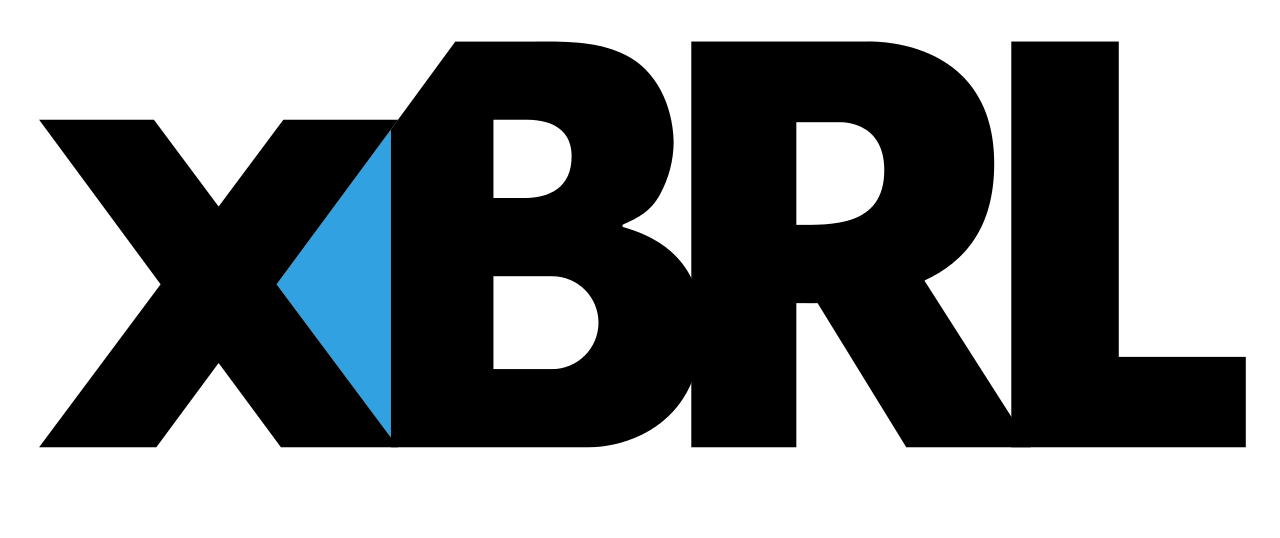
Developed by XBRL International Inc. (XII), XBRL is defined in Rule 2 of Companies (Filing of documents and forms in XBRL) Rules, 2015 as a standardized language for communication in electronic form to express, report or file financial information by the companies under the Act. It is a language for communicating electronically, financial and business data for business reporting. It has facilitated the process of creating, transmitting, using or analyzing such information.
Companies filing financial statements in AOC-4
With reference to Companies (Filing of documents and forms in XBRL) Rules, 2015 following companies are required to file their financial statements as well as documents under section 137 of the Act with the Registrar in e-form AOC-4 XBRL:
Therefore, companies coming under the purview stated under Companies (Filing of documents & forms in XBRL) Rules, 2015, shall file its financial statements and other documents in e-form AOC-4 XBRL. However, as per proviso to Rule 3, companies in sectors like insurance, banking, non-banking financial companies, housing finance and power sector companies are exempted from XBRL filing.
Documents to be filed in AOC-4
The following documents must be filed with AOC-4:
Financial Statements of a company is inclusive of balance sheet, statement of change in equity (if applicable), profit and loss account, cash flow statement (if applicable) as well as any explanatory notes annexed to the financial statements. Financial statements along with board report must be filed for all companies registered in India to provide the shareholders, government, stakeholders and the public a broad financial picture of the affairs of the company during a financial year.
Due dates of XBRL filing
Within 30 days of conducting an AGM, all the companies registered under the Companies Act, 2013 shall file a copy of financial statements including all the requisite documents to be attached, duly adopted at the annual general meeting of the company. Since, holding an AGM is not the compliance stated for a One Person Company (OPC), it must file a copy of its financial statements duly adopted by the member, within 180 days of conclusion of the financial year.
If any company did not hold the AGM, the financial statements as well as the documents required to be attached duly signed along with the statement of facts and reasons for not holding the annual general meeting should be filed with the Registrar within 30 days of the last date before which the annual general meeting should have been held. Filing of Financial Statements with the Registrar of Companies in form AOC-4 XBRL (if applicable) for the financial year 2017-18 is 31st December’ 18.
If you think this is a lot to handle and you need a professional to guide you through the filing process, please click here
We also provide supplementary services including setting up business in India, company incorporation, trademark registration, accounting, auditing and taxation service, statutory compliances, monthly / quarterly / annual filings, etc.